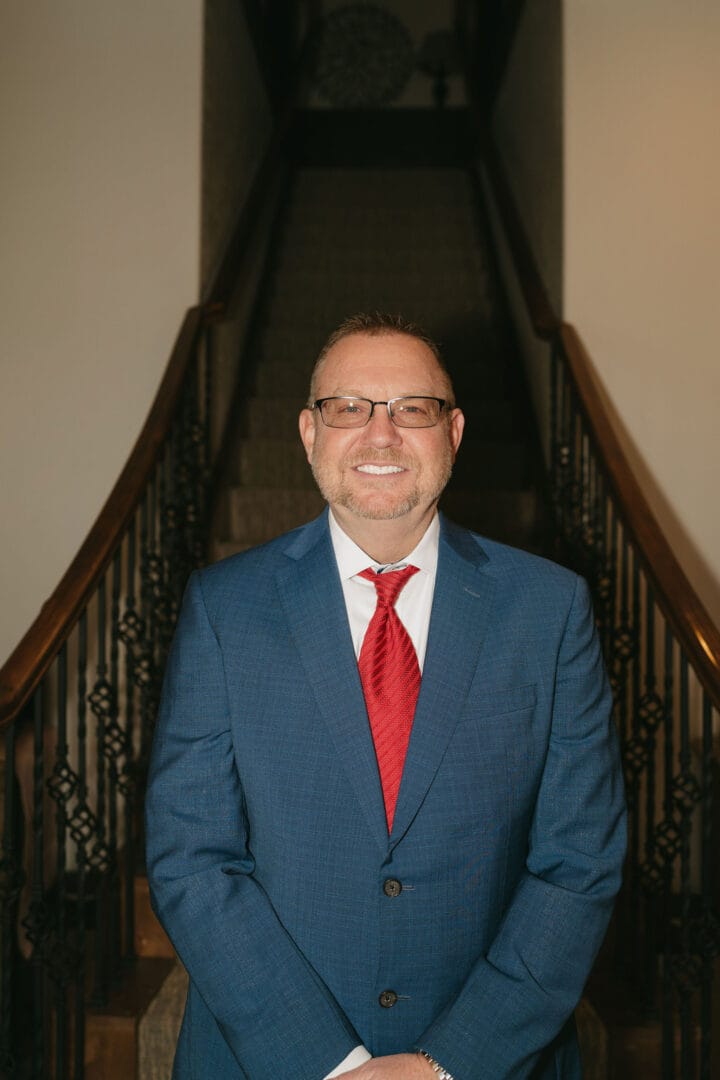Some people do not need to plan for the cost of long-term care. That may sound like a shocking statement coming from an elder law attorney, but it’s true. Our firm holds seminars on many topics, one of which is “Don’t Go Broke in a Nursing Home!” (If you’d like to attend one, just call our office at 806-765-8801 for upcoming dates and to reserve a seat in Amarillo, Lubbock or Midland, Texas).
This entire session is designed to arm you with loads of information on the risks of NOT planning for the high cost of long-term care, what that could look like for you, and what solutions could work for you. And even though there is a lot of great information presented – most people are glad they spent the time with us to gain a better understanding of these topics – the question really comes down to something I can’t tell you. That is: what do you have to lose? Let’s look at a few scenarios to get an idea of what I mean.
Scenario #1: You have hardly any assets.
If you have next to no assets, you probably don’t need to do the type of planning that our firm focuses on. Medicaid is a state/federal program that pays for long-term care for those who meet the rules of eligibility. Having no assets to speak of makes qualifying for Medicaid easier – though not a given (there are still things like gifting penalties that can trip you up and delay eligibility for a long time!). But generally, if you have no savings, you may not need my help because 1. You’ll qualify for Medicaid fairly easily, with no need to take advantage of all the rules that could spare your savings from having to be spent, and 2. You don’t need to direct who gets your assets in the future.
One caveat before you decide this is where you are – your home and cash value life insurance are assets! If you own a home, and you or your spouse need care in a nursing home – your home can be lost to Medicaid Estate Recovery if you don’t take steps to protect it. We can help you protect the home for your heirs. If you have life insurance with cash value, that is an asset that by itself can prevent a person from being eligible for Medicaid nursing home benefits without the right advice on the rules.
Scenario #2: You don’t have major preferences for how or where you get care once you need it.
If you don’t have a goal of staying in your home as long as possible, then you may not need long-term care planning. Or, for instance, once you need a higher level of care, if you don’t really have a preference for whether you receive that care in an assisted living or in a Medicaid certified nursing home, then you may be fine not doing any long-term care planning.
Scenario #3: You have so much in savings that you can absorb a new cost of $60,000 to $100,000 a year.
This means you will be able to entirely “private pay” or self-fund your long-term care over what could be a very long period of time. There are some people in this position – they can take on a new annual expense of long-term care without breaking a sweat. When deciding if this is you, remember that these numbers are for the current cost of the highest levels of care. At current growth rates, the cost of all types of long-term care will double over the next 20 years. But if scenario #2 fits you – you’ve got lots of assets and you can afford to spend a big chunk of them on long-term care, then congratulations, you’re probably fine in paying for your future long-term care entirely out of pocket.
The bigger issue you may need my help with is making sure the pile of assets you’re relying on isn’t taken from you, or the loved ones you plan to give your stuff to, by the 4 Ds: debt, divorce, disability, and death. For more about how these can rob you of your assets and what you can do to build a “wall” around them, call my office at 806-765-8801 to get my book, “Don’t Go Broke in a Nursing Home,” register for my seminar on protecting assets, or call for a free initial consultation.
Scenario #4: You’ve built up some savings, but you’d like to know what might be available to help you pay for some of the cost of your long-term care, so your savings will last longer.
This, frankly, is where most of the people who hire me find themselves. This is what we do – help people assess what they have, where and how they’d like to get care when that day comes, and figure out how to get help paying for it so that they can protect their assets.
Where do you find yourself? The question to ask yourself is: what are my goals and what do I have to lose?
